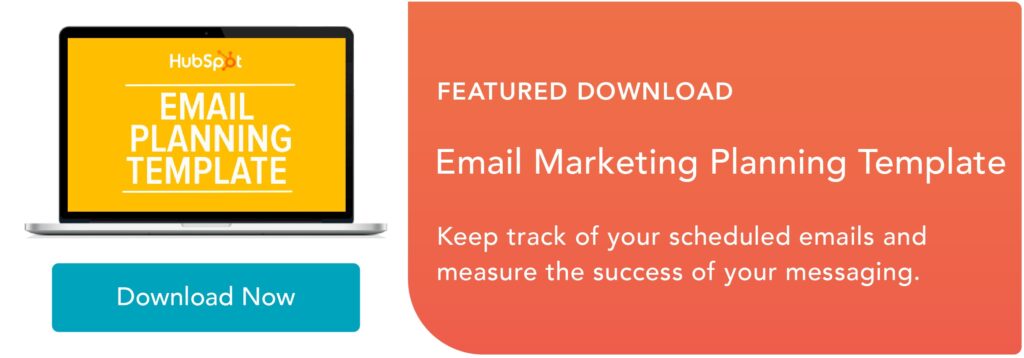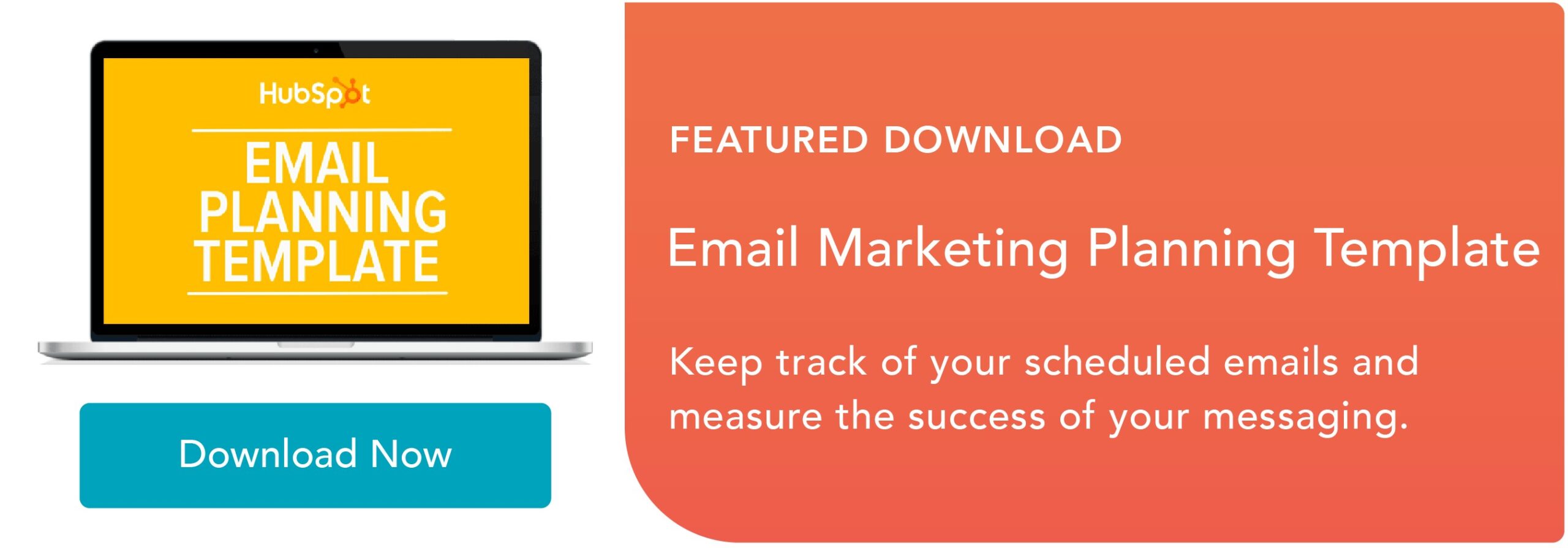As email marketers, one of the key metrics we use to determine if our audience is actually reading our content is the open rate.
Tracking email opens allows us to determine whether our subject lines are resonating with our audience. If we can't get them to open an email, we can't get them to click and move further along the buyer's journey.
With the rollout of Apple iOS 15's new privacy protection features, our open rates are in jeopardy. But is that a bad thing?
Let's start with some information about how this new feature will work.
How Apple's Email Privacy Protection Feature Works
After updating an iOS device to iOS 15, upon opening the Apple Mail app you will see a popup asking whether you'd like to "Protect Mail activity."
If you select the “Protect Mail activity" option, Apple will first route your emails through a proxy server to pre-load message content, including tracking pixels, before it makes it to your inbox.
What does that mean for you?
According to Apple, “Mail Privacy Protection hides your IP address, so senders can’t link it to your other online activity or determine your location. And it prevents senders from seeing if and when you’ve opened their email.”
What does this mean for email marketers?
Mail privacy protection affects any email opened from the Apple Mail app on any device, no matter which email service is used such as Gmail or a work address. However, this will not affect other email apps used on Apple devices like the Gmail app on an iPhone for example.
If you're an email marketer, you might still be wondering how this change will impact your strategy. To help, we decided to highlight the steps our email team is taking to adjust our strategy and process around these email privacy protection features.
Here are a few of the steps we're taking and we encourage you to join us
How HubSpot Email Marketers Are Responding to iOS 15
1. Take stock of current processes.
Before Apple's iOS 15 changes went live, we audited all of our existing email programs.
To begin, we wanted to understand the potential impact this change was going to have on the business. Using HubSpot's email reporting tools we were able to assess the portion of our database that uses Apple Mail clients. Understanding this number is important to gauge how big of an impact these IOS changes will have on our ability to see accurate email performance data moving forward.
Next, we documented which subject lines resonate best with each of our personas.
While we follow email subject line best practices, as most email marketers know that only gets you so far. Things like character count and action-oriented language are only guardrails used to guide our subject line writing. From there we've experimented heavily with language, structure, and yes -- even emojis -- to find what resonates with each of our personas.
This documentation provides my team with a library of subject lines and guardrails that we can use moving forward in a world without accurate Open Data.
Finally, we documented email benchmarks for all of our programs. While the privacy update will only impact Opens, that means all other metrics utilizing open data will be impacted too -- such as clickthrough rate which is measured by total clicks/total opens. These benchmarks will enable us to measure the impact that this IOS change will have across all of our email metrics.
2. Open up email reporting.
When reporting on email performance one of the first metrics considered is open rate. How successful were we at getting our recipients to open our email? Well, that's about to change.
Email marketers are going to have to shift their focus to stable metrics like clicks, click rate (clicks / delivered emails), and conversion rate moving forward. This is our plan.
While this change may be painful, we believe it's the right course of action. Looking at clicks and conversions is much more closely tied to how your database is engaging with your email programs.
Driving action via a CTA click and the following conversion is the ultimate goal of most emails sent today. Focussing on clicks and conversions will enable marketers to better optimize their programs to drive real engagement for their database.
However, open rates will not be going away. They will just be -- different. It will still be important to track open rates over time for your email programs. We will need to establish new benchmarks after the IOS update is rolled out broadly. From there we will still be able to do subject line testing and see if we can improve Open rates over the new benchmark.
3. Stay the (automated) course.
While a few things are changing for us in how we think about reporting and subject line experimentation, our overarching strategy doesn't follow suit.
At HubSpot, we've never relied on open data to segment or personalize our automated email programs. I know this goes against the tried and true drip campaign logic, which relies heavily on whether a contact opened an email. We instead focus our segmentation and personalization on the behaviors our contacts are taking on our website and within our app.
We've found this behavioral segmentation to be the most successful when trying to connect with our audience.
Take our email onboarding experience for example.
We have a welcome email that we send to every contact when they sign up for HubSpot that is filled with getting started resources.
The next email contacts receive is not based on how they interacted with our welcome email but rather how they have interacted with our product. Depending on the tools they have (or haven't) used, we will send them a personalized email suggesting the next tool to explore.
We will stay the course here and focus on behavior over email interaction.
4. Understand the impact on your strategies.
According to Litmus, if Apple Mail audiences opt into Mail Privacy Protection, marketers could face the following issues:
- Any audience cohort, segmentation, or targeting based on the last open date would be rendered useless -- especially critical for purging unengaged contacts.
- Automated flows and journeys that rely on someone opening an email would need to get re-engineered.
- A/B testing subject lines (or anything else) using opens to determine the winner or to automatically send out the winner won’t work anymore.
- Send time optimization would become inaccurate.
- Countdown timers might show outdated times as the cached version was pulled at email send time -- not opened time.
- Other content powered by opens such as local weather or nearest store location also wouldn’t be accurate.
- Some interactive emails that reference external CSS might not work.
5. Weigh alternatives.
Although some elements of email marketing will be more challenging with IOS 15 in play, marketers can still use some creative alternatives to continue to send subscribers interesting and engaging content.
For example, although you might not be able to optimize for send time as well without proper open-tracking, you can still manually analyze email performance based on send time, or send emails based on send times that receive the best global performance across industries.
Additionally, while you might not be able to automate location-specific banners or weather reports for Apple users, you can still use zip code information that they've submitted on previous forms to send them location-based content.
While these alternatives might not be perfect or easy to streamline with automation, they can still give your audiences a somewhat personalized email experience.
6. Explore additional tools.
While HubSpot's product team is continuing to watch and respond to how iOS 15 impacts email marketing tools, there are also additional tools and integrations you can use with HubSpot's email platform to create stunning emails.
For example, Litmus is a paid tool that allows HubSpot users to track their HubSpot emails. According to a recent post from the company, it allows users to view "reliable opens" as well as the total number of Apple-privacy-impacted opens, which can help email marketers determine how big the impact of Apple's IOS changes are.
What's Next?
First and foremost, don't panic! While iOS 15 will force email marketers to pivot strategy and process, it most certainly does not mean that email marketing is going away.
Apple's launch of iOS 15 and its Email Privacy Protection Feature is indicative of a larger shift that we're seeing in the digital marketing space. More and more Individuals are taking a larger interest in how their personal information is being collected, stored, and used. We will continue to see this trend grow as more businesses put protections in place for their customers.
As email marketers, it's our responsibility to honor the inbox of every contact in our database with a personalized experience. With iOS 15, personalization has become harder.
As data protection continues to grow and evolve, personalization will become even more difficult. The best thing we can do moving forward is to stay informed and adjust our strategies accordingly. Because at the end of the day, email marketing is really about providing value to the Human's on the other end of that Inbox.
Want to get more background on Apple's privacy move? Check out this post. To learn more about how this move could impact your processes within HubSpot's email tool specifically, follow this community thread.


